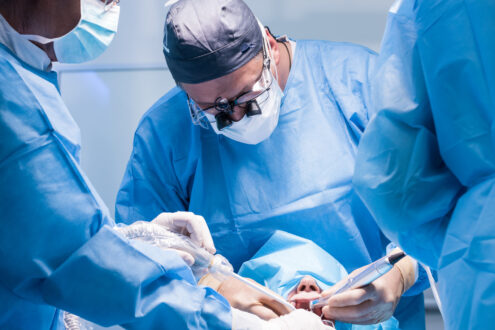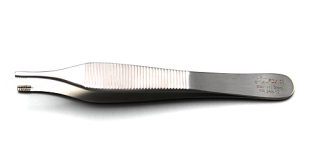A cyst is a cluster of sac-like fluid that can grow anywhere on your skin. Some of the cysts are severe and can cause cancer and other diseases. But, most of the cysts are non-cancerous. Various types of cysts incorporate epidermoid cyst, sebaceous cyst, Breast cyst, ganglion cysts, and many others. Among all these cysts, the lateral periodontal cyst is the one that usually takes place inside the mouth of adult males.
We compiled all the relevant details regarding lateral periodontal cyst, its causes, treatment, and location, during this article. So, for further clarity, you are suggested to go through this article.
What is a lateral periodontal cyst?
Lateral Periodontal cyst is a tiny cyst that emerges around the roots of erupted vital teeth. But where do the roots of erupted teeth come from? Well, these roots spring up from the upper jaw bones or the lower jawbones of the mouth. These bones are known as the alveolar bones, and they are the chunk of the periodontium. The periodontium is a frameset that upholds the teeth within your mouth. Lateral periodontal cyst emerges right from periodontal ligament tissues, and it is a developmental cyst. It is an unusual cyst that is not a result of any infection or inflammation. The lateral periodontal cyst is found commonly in males aging from 45 to 65 years.
Lateral periodontal symptoms
Some of the Lateral periodontal symptoms may include the deficiency of teeth, bleeding of gums after brushing, pain while chewing, puffy and swollen gums, bad breath, pus within gums, changing the color of gums, and tender gums.
lateral periodontal causes
Lateral periodontal is a painful gum disorder that is found commonly in middle-aged adults. The causes for lateral periodontal are many, out of which, improper brushing is the vital cause. If a person doesn’t take proper care of his oral hygiene, then microbes and food fragments will pile up on his gums and will gradually lead to the tenderness of the gums. After then, gingivitis, which is the initial gum disease, will take place. It will propagate through the supporting tissues of the tooth, also called periodontium, if not treated immediately. As a result, enormous gum diseases will take place. A puss like a cyst around the roots of erupted vital teeth will form that will affect the periodontal ligament and the alveolar bone.
Other causes of lateral periodontal include tobacco use and smoking, teeth grinding, dry mouth, improper nutrition, antidepressant medicines, and some other medicines.
Lateral periodontal location
The location of the lateral periodontal cyst is around the roots of the erupted vital teeth. These are the teeth that do not fully spring up from the gums. These teeth are hard to clean due to which the microbes and food granules remain on them. Therefore, erupted teeth become the attacking corner for gum diseases such as gingivitis and lateral periodontal cyst.
Lateral periodontal treatment
The lateral periodontal is a secondary gum disease that will not cure on its own. Therefore, this disease needs proper treatment so that it cannot diffuse to other parts of the human body. If you’re bearing such a disorder then you should immediately consult the dentist.
The crucial treatments for lateral periodontal involve:
- Removal of puss:
If you’re affected with severe lateral periodontal, then the dentist will immediately remove the puss that is accumulated in your cyst. This is the initial solution to relieve the pain.
- Non-Surgical Periodontal Therapy:
It is also known as root planing and scaling. In this therapy, the dentist sterilizes the periodontal clusters and extracts the dental plaque. This will help to control the spread of periodontal disease and it will increase the curing time as well.
- Withdrawal of tooth:
If your periodontium is intensely affected, then your dentist will immediately withdraw your tooth.
Treatment of root canal:
It is one of the painful treatments in which the dentist mends your badly affected tooth by purifying the canals of the root. If there is an excess of periodontal puss that is diffusing through the bone surrounding the root tips then your dentist will suggest root canal treatment.
- Antibiotic Treatment:
The dentist will suggest antibiotic treatment if the periodontal disorder has diffused to other areas of your body, such as the neck, upper jaws, or lower jaws. But, if you have a severe reaction to some medication, or if you’re pregnant, or indulged in severe diseases such as liver disease, hyperplasia disease, kidney disease, etc. Then consult your doctor first before taking the medicines.
 Health & Care Information
Health & Care Information 


